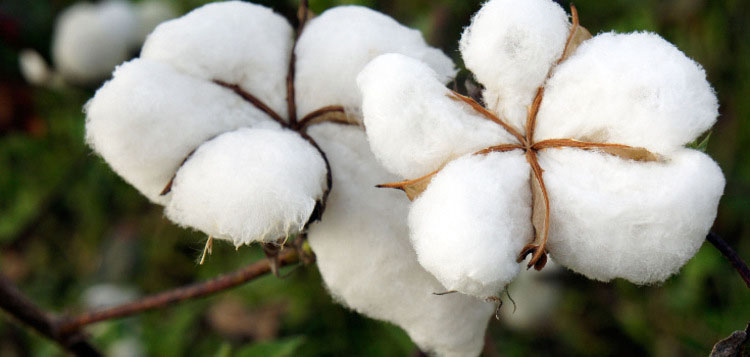
Conrad Mupesa
Mashonaland West Bureau
Zimbabwe will this year import over 300 tonnes of cotton hybrid seed from India to increase output of lint consistent with the National Development Strategy 1 (NDS-1).
The development will also revolutionise production of the crop in the country.
A pilot project was run with 20 tonnes of the Mahyco hybrid seed where most farmers were expected to harvest triple fold in yields as opposed to the traditional open pollinated varieties (OPV) Zimbabwe has been growing.
This was said by Cotton Company of Zimbabwe managing director, Mr Pious Manamike on Tuesday while briefing Parliament’s portfolio committee on Lands, Agriculture, Fisheries, Water and Rural Resettlement who were touring cotton farming communities in Hurungwe and Chinhoyi, Mashonaland West province.
The committee chaired by Gokwe Nembudziya legislator Cde Justice Mayor Wadyajena (Zanu PF) wanted to have an appreciation of challenges facing cotton farmers as the marketing season began this week.
“Our plans are to import 300 tonnes for this year. Last season, we introduced the variety to a few farmers across the country’s cotton producing areas using 20 tonnes that we had acquired.
“However, the seed is imported from India and due to payment logistics which we normally do around August, the seed is delivered after five months after procuring, which means that we will not be able to meet the target. We would want the Government to release the funds early so that farmers receive the seed in time,” said Mr Manamike, at Zvipane Business Centre in Hurungwe West.
Earlier on, Cde Wadyajena had asked why the country and farmers should adopt the hybridised seed in relation to crop diseases, lint and oil production
Mr Manamike added: “So far we are the only country in Africa that has adopted the hybrid which has the potential to produce triple-fold output.”
Unlike the OPV seed, Mahyco C571 has the capacity of producing at average of 30 balls per plant while it strives to produce good yield despite weather conditions, he said.
Its seed is above five grams in weight as opposed to that of OPV seed whose weight is below three grams, which makes the hybrid seed an option even when considering oil production. Mr Gomera (67), a beneficiary of the Presidential Cotton Input Scheme who received five bags of Compound L fertiliser, four of top dressing fertilisers and pesticides is envisaging at least 16 bales from his hectare plot and earmarks to install a solar-powered borehole from the revenue.
Unlike Mr Gomera, Gogo Egai Mhondiwa (69) a beneficiary of the same scheme but having put an OPV seed, is expecting less than eight bales from a same portion of land and equal amount of inputs. If adopted, Mr Manamike said, the hybridised seed would revolutionise the country’s cotton yield from the current 100 000 tonnes a year to over 1,2 million.
It also emerged that logistical challenges affected the commencement of the marketing season as some areas had no calibrated scales to weigh bales that would have been brought by farmers. Cde Wadyajena implored the Government through Cottco to speedily pay farmers their outstanding money for cotton delivered last year.
He also warned beneficiaries of the Presidential Cotton Input Scheme to honour their contractual obligations by selling their cotton to Cottco, which is entitled to buy Government’s contracted cotton from farmers.
“Cotton has been a significant cash crop in the country which saw many transforming their lives in the past. However, the falling prices have seen many farmers abandoning the crop. This has been one of the reasons why farmers have been side-marketing their crop and even selling the inputs that you avail to them. If you receive inputs from the Presidential Cotton Input Scheme, I want to discourage you from side-marketing as there are serious consequences,” he said.
